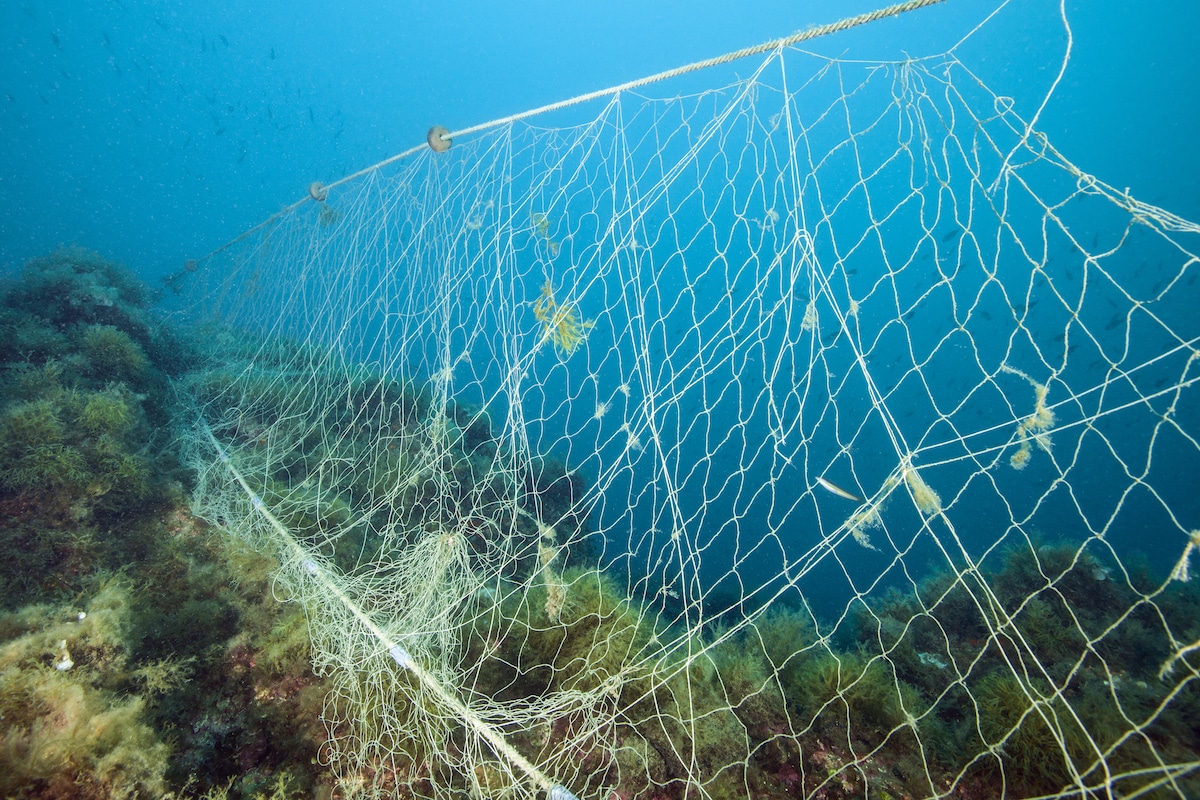Coral Reefs Are Choking on Plastics

 Why you can trust us
Why you can trust us
Founded in 2005 as an Ohio-based environmental newspaper, EcoWatch is a digital platform dedicated to publishing quality, science-based content on environmental issues, causes, and solutions.
We already know that plastic is a top threat to marine life, with over 12.7 million metric tons of plastic waste entering the oceans each year. But a new study has found that 92% of global coral reefs surveyed, even remote reefs, are covered in plastics.
The study, published in the journal Nature, surveyed 84 coral reef systems, both shallow and deep, at 25 locations across the Atlantic, Indian and Pacific Oceans. They found that the coral reefs were more impacted than other marine ecosystems (outside of coastal ecosystems like beaches and wetlands) by plastic and other waste.
“Plastic pollution is one of the most pressing problems plaguing ocean ecosystems, and coral reefs are no exception,” Hudson Pinheiro, lead author of the study and biologist at the Center for Marine Biology of the University of São Paulo, said in a statement. “From macroplastics that spread coral diseases to fishing lines that entangle and damage the structural complexity of the reef, decreasing both fish abundance and diversity, pollution negatively impacts the entire coral reef ecosystem.”
The researchers found that the deeper into the oceans they studied, the more plastic they found. About three-fourths of the plastic debris found in the study was from fishing gear. Most of the plastic debris found, about 88% of the total debris, was larger than two inches.
“It was surprising to find that debris increased with depth since deeper reefs in general are farther from sources of plastic pollution,” Luiz Rocha, senior author of the study and curator of ichthyology at the California Academy of Sciences, said in a statement. “We are almost always the first humans to set eyes on these deeper reefs, and yet we see human-produced trash on every dive. It really puts the effect we have had on the planet into perspective.”
The researchers hypothesize that the higher amounts of trash at greater depths could be because of waves carrying trash away, humans collecting trash from shallow reefs, or shallow reefs growing over the debris.
In the study, scientists found that Comoros, a country of three islands off the coast of eastern Africa, had the highest pollution density. Here, they found about 84,500 pieces of debris per square kilometer.
The researchers recommended that in addition to improvements in waste management and reducing single-use plastic, there needs to be innovations in fishing gear to make it biodegradable.
“How can we change the ropes, the nets?” Pinheiro told NPR. “We need to find a biodegradable material, like made from fibers as we used to do before.”
We can also look to places that were found to have less plastic pollution, such as the Marshall Islands, for inspiration on curbing this pollution.
“Despite the disturbing overall trend, there were some places where we found relatively little debris, which shows us that there are effective strategies for preventing plastic pollution,” study co-author Bart Shepherd, director of the California Academy of Sciences Steinhart Aquarium, said. “If we act fast and employ science-based solutions, there absolutely is hope for coral reefs.”
Subscribe to get exclusive updates in our daily newsletter!
By signing up, you agree to the Terms of Use and Privacy Policy & to receive electronic communications from EcoWatch Media Group, which may include marketing promotions, advertisements and sponsored content.

 233k
233k  41k
41k  Subscribe
Subscribe 




